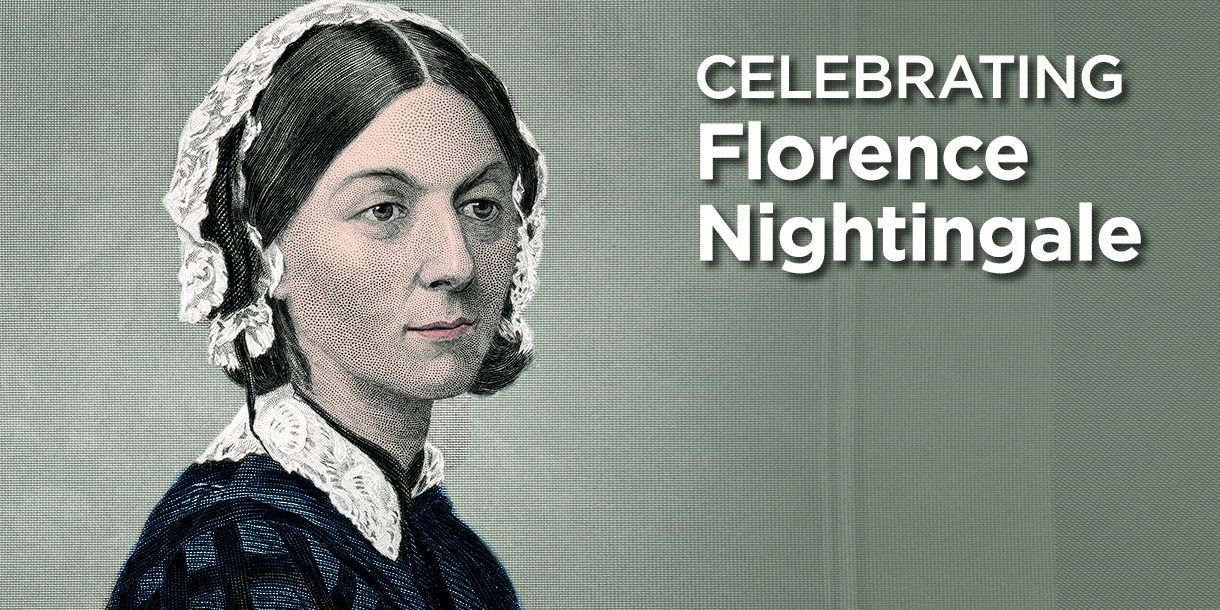Did you know that National Nurses’ Week always ends on the anniversary of Florence Nightingale’s birth? Florence is widely recognized as the founder of modern nursing. But there’s more to her story, and it’s still relevant to the nursing profession today.
Florence Nightingale was a medical pioneer during her lifetime in the Victorian era. Expectations of respectable women back then were incredibly confining — it was unusual for women to learn writing and mathematics in particular — but Florence disregarded convention to follow her calling.
The roots of modern nursing
Handwashing is constantly in the news as a way to fight COVID-19. Hand hygiene as an important aspect of care gained traction from Florence, a strong advocate for cleanliness. She introduced handwashing practices while caring for soldiers during the Crimean War. Throughout her career, she championed hygiene as essential to halting the spread of disease.
But her influence on modern nursing goes well beyond hygiene:
- In 1871, Florence published a revolutionary study examining maternal mortality after childbirth, an issue that continues to command the attention of the medical community.
- She conducted nursing research and introduced evidence-based practice as early as 1858. Evidence-based practice, which means that patient care is guided by the best evidence currently available, is a basic tenet of modern nursing. Our nurses are continually researching better ways to care for patients.
- Throughout her life, Florence worked with interdisciplinary teams, including doctors, architects, engineers and statisticians, to help redesign health care delivery. Today, nurses are increasingly being recognized as critical partners in health care teams, both in the hospital setting and the community. They routinely coordinate patient care with providers and teams throughout the health care system.
Florence’s philosophy and our mission
For nurses in our ministry, Florence’s views on care are especially relevant. A deeply religious woman, she held that true religion should lead to active care and love for others.
She also believed in compassionate treatment for the poor, which is central to the Bon Secours Mission to bring good help to those in need, especially people who are poor, dying, and underserved.
Bon Secours nurses are proud to be part of a profession that continues to embrace Florence Nightingale’s legacy of innovation, research, collaboration and compassion.
Read stories that celebrate our amazing Bon Secours nurses.
Learn more about our mission at BonSecours.com.





